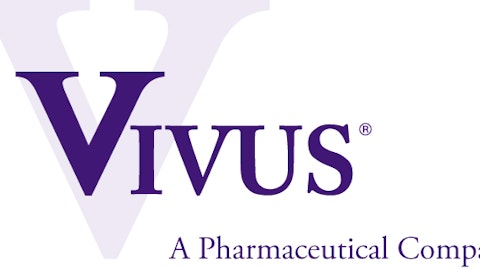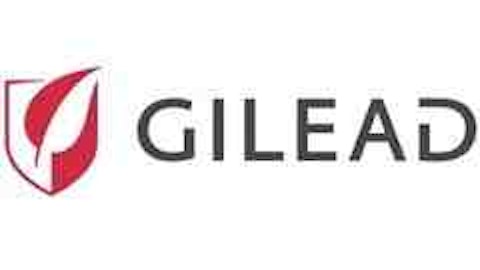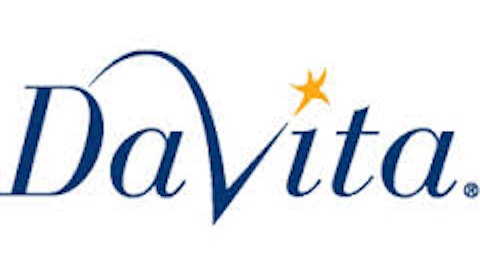With all of the factors we have to worry about in our everyday lives, it is somewhat a wonder that we’re not only able to survive, but thrive, as a society. Between our personal health, financial health, and various external factors that are well beyond our control, there are an immeasurable amount of worries that plague us each and every day.

Source: Victor Bezrukov, commons.wikimedia.org.
In 2010, a survey commissioned by Cancer Research UK in Britain questioned 2,070 adults on what their biggest fears were in an attempt to help quantify and properly understand these worries. The thought process here was simple: Knowing what concerns citizens the most will allow government agencies to focus on solutions to make people worry less, live happier lives, and likely be more productive.
The survey asked respondents to list their greatest fear from the following list of possible fears:
- Being in debt
- Developing Alzheimer’s
- Old age
- Being the victim of a knife crime (only in Britain, right?)
- Cancer
- Being in a plane crash
- Having a heart attack
- Being in a car accident
- Losing your job
- Losing your home
- Motor neurone disease
Think, for a moment, which one, were you asked, would you choose as your biggest fear.
Got it?
Would it shock you to know that more than 20% of respondents given those choices selected cancer as their biggest fear? Coming in a distant second was Alzheimer’s disease, which garnered 16% of the votes but was a considerably bigger fear for those aged 65 and older compared with younger respondents.
A worrisome development
Looking at this list I, too, would choose cancer as my biggest fear — and ultimately there’s nothing wrong with that. Genetics have been shown to play a role in whether a person develops cancer in his or her lifetime, and having lost my mother to lung cancer, and my grandfather to kidney cancer, it’s a somewhat justified fear that I have a higher genetic predisposition to developing certain cancer types.
What isn’t OK is that 34% of respondents who selected cancer believed that a cancer diagnosis was up to fate and that there was nothing they could do about it. Herein lies an opportunity to educate the U.K.’s citizens, point out methods that could help reduce their cancer risks, and, as an investor, potentially invest in the companies that can help reduce risk factors for cancer.
Had this survey been conducted in the U.S., I would suspect the results would be strikingly similar. Yet what people often overlook, according to Cancer Research UK, is that half of all people diagnosed with cancer will still be alive five years from now and 40% will be alive 10 years from now. In short, a cancer diagnosis is no longer the death sentence that it once was, thanks to better risk factor education and more effective medication.
The biggest risk factors for cancer don’t involve “fate”
One major risk factor that’s been identified is obesity. Cancer is actually the fifth most common disease caused by obesity, with it elevating people’s chance of developing breast, colorectal, endometrial, and kidney cancers, just to name a few.
One easy way to educate the public and reduce obesity levels is to encourage physical activity and proper diet. When that’s not enough, chronic weight management drug developers Arena Pharmaceuticals, Inc. (NASDAQ:ARNA) with Belviq and VIVUS, Inc. (NASDAQ:VVUS) with Qsymia may be called upon to step in.
Although neither Belviq nor Qsymia proved initially safe enough to be approved in the EU, both anti-obesity drugs are approved in the U.S. and, assuming they get a decent amount of coverage from insurance companies, could make a huge impact on the nearly 36% of the U.S. population that’s considered obese.





